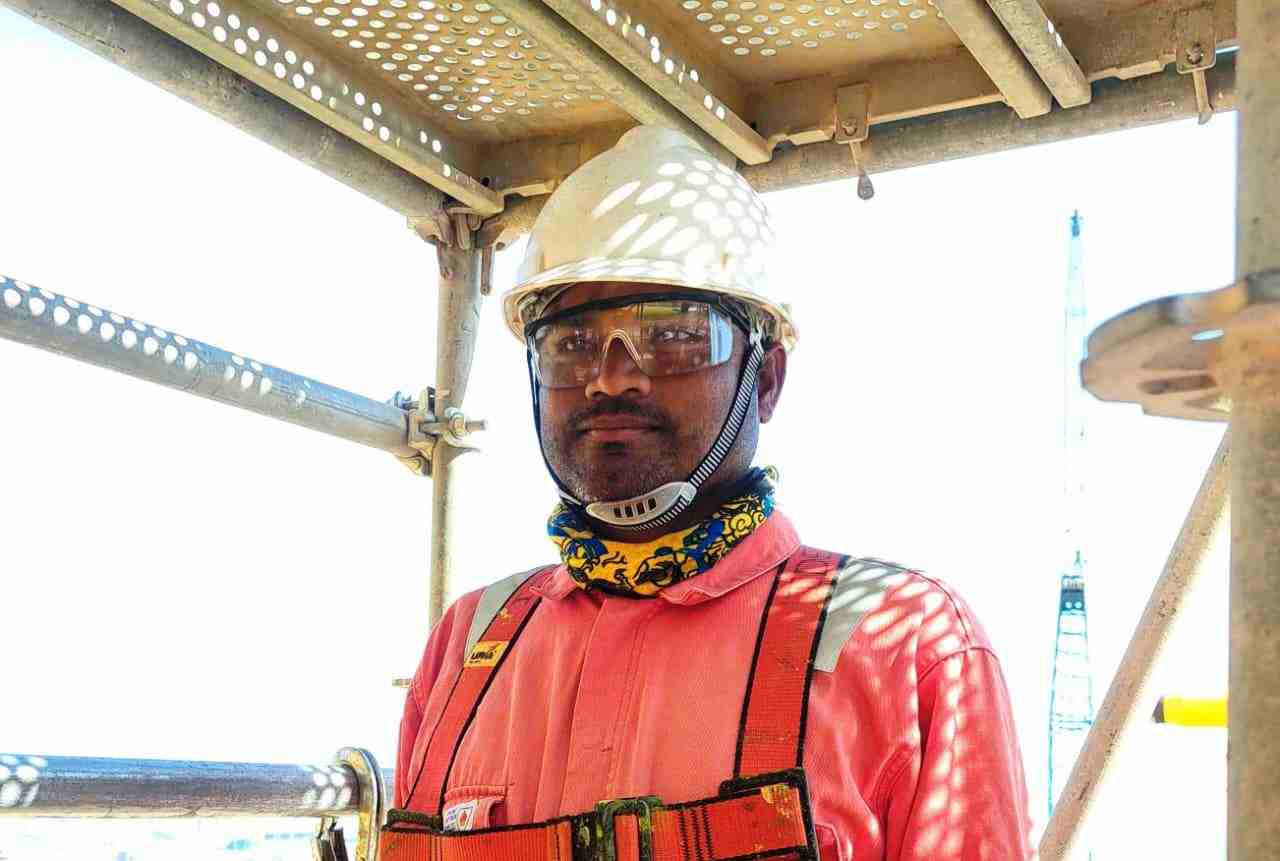The oil and gas industry is a high-risk, high-reward sector where precision, safety, and efficiency are non-negotiable. At the heart of its success are the key professionals who oversee field operations. From exploration to production, each role carries responsibilities that directly influence operational success, environmental stewardship, and workplace safety. In this article, we highlight the core duties of essential personnel in oil and gas fields, emphasizing their impact on safety, productivity, and regulatory adherence.
1. Field Operations Manager
The Field Operations Manager is the backbone of oilfield management, responsible for orchestrating daily operations to meet production targets while upholding safety and environmental standards.
Key Responsibilities:
- Operational Oversight: Supervising drilling, production, and support services to maximize uptime and minimize costs.
- Safety Compliance: Enforcing safety guidelines as outlined by OSHA and global bodies like the IOGP.
- Team Leadership: Coordinating engineers, field workers, and third-party contractors to maintain cohesive operations.
- Resource Allocation: Managing personnel, equipment, and supplies to align with timelines and budget constraints.
- Environmental Management: Promoting best practices to mitigate environmental impact, including spill prevention and waste control.
In essence, the Field Operations Manager ensures that everything runs efficiently on the ground while balancing performance and risk.
2. Drilling Engineer
A Drilling Engineer plays a highly technical role in designing and managing well operations, ensuring safe and cost-effective access to subsurface oil and gas reserves.
Key Responsibilities:
- Well Planning: Creating precise drilling blueprints tailored to geological formations and project goals.
- Tool Selection: Selecting rigs and equipment that suit the site’s technical and environmental demands.
- Real-Time Monitoring: Overseeing daily drilling activities to maintain trajectory and avoid safety breaches.
- Risk Management: Proactively addressing challenges like high-pressure zones and equipment wear.
- Cross-Disciplinary Collaboration: Partnering with geologists and production teams to adapt strategies as needed.
Therefore, Drilling Engineers are instrumental in ensuring that wells are developed efficiently, safely, and with minimal operational setbacks.
3. Health, Safety, and Environment (HSE) Manager
The HSE Manager safeguards the health of personnel and the integrity of the environment in oilfield settings, which are inherently hazardous.
Key Responsibilities:
- Training & Awareness: Implementing comprehensive safety training programs tailored to site-specific risks.
- Compliance Assurance: Ensuring operations meet legal and global standards, including EPA and ISO 14001 guidelines.
- Incident Response: Leading investigations into safety incidents and applying corrective actions.
- Environmental Monitoring: Tracking emissions and overseeing pollution control initiatives.
- Emergency Planning: Preparing response strategies for fires, chemical leaks, or blowouts.
Ultimately, the HSE Manager fosters a culture of safety and accountability, which is crucial in high-risk environments.
Pressure Testing: Ensuring Integrity in Pipelines and Process Equipment
4. Geoscientist/Geologist
Geoscientists and Geologists provide the scientific foundation for exploration and production activities, interpreting subsurface data to guide decisions.
Key Responsibilities:
- Reservoir Evaluation: Analyzing seismic, well log, and core sample data to locate hydrocarbon deposits.
- Geological Risk Assessment: Identifying subsurface hazards that may disrupt operations.
- Data Integration: Working closely with engineers to optimize drilling and extraction strategies.
- Volume Estimation: Calculating hydrocarbon reserves to support investment and operational planning.
- Sustainable Practices: Recommending exploration techniques that minimize ecological footprint.
In other words, their insights reduce uncertainty, optimize resource use, and help guide investment decisions.
5. Maintenance and Equipment Supervisor
The Maintenance Supervisor ensures that oilfield machinery and infrastructure operate reliably and safely, minimizing downtime.
Key Responsibilities:
- Routine Maintenance: Planning preventive servicing schedules for all mechanical and electrical systems.
- Fault Diagnosis: Quickly identifying and resolving equipment issues that may hinder productivity.
- Inventory Oversight: Managing spare parts and repair materials to ensure availability.
- Safety Inspections: Confirming all equipment adheres to operational safety standards.
- Technician Training: Educating teams on safe and efficient machinery handling.
Consequently, this role is essential for preventing operational delays and ensuring worker safety.
6. Regulatory and Compliance Officer
The Regulatory and Compliance Officer is the liaison between oilfield operations and legal frameworks, ensuring adherence to all applicable laws.
Key Responsibilities:
- Permit Acquisition: Securing necessary environmental and operational licenses.
- Audit Management: Conducting internal reviews and supporting external inspections.
- Record Keeping: Maintaining logs of activities, emissions, incidents, and remediation actions.
- Government Liaison: Communicating with regulatory bodies to address inquiries or changes in law.
- Policy Execution: Ensuring internal standards evolve with shifting industry regulations.
As a result, their work protects the company from legal and reputational risks.
Challenges and Industry Expectations
Key personnel in oil and gas fields face a multitude of challenges—including fluctuating market conditions, regulatory pressures, and the demand for cleaner operations. Moreover, they must navigate the growing need for digital transformation and environmental accountability.
To remain competitive, professionals must:
- Embrace cutting-edge technologies like real-time monitoring and automation
- Prioritize safety and sustainability
- Stay updated on regulatory frameworks and energy transition strategies
- Collaborate across departments to ensure smooth operations
Without a doubt, effective leadership and teamwork are essential to overcoming the complexities of modern oilfield operations.
Conclusion
The responsibilities of key personnel in oil and gas fields go far beyond day-to-day operations. Indeed, they require a unique mix of technical expertise, leadership, and ethical decision-making. By ensuring operational efficiency, safety, and environmental care, these professionals not only support the industry today but also help shape its future.
In a world steadily moving toward renewable energy, their ability to innovate and adapt will determine how the oil and gas sector meets evolving energy demands—while balancing economic viability with environmental and social responsibility.

